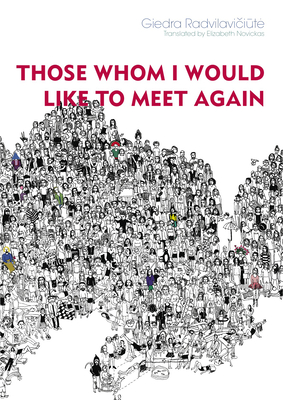What do you think?
Rate this book


156 pages, Kindle Edition
First published May 2, 2013
You always find God in the details, but only when you have time.
"On the subject of unconditional lovers, I should also mention a particular man from my own biography. I was attracted to him in the same way a patient can get attracted to a psychiatrist—and vice versa.. I think that, while he was with me, the world seemed brighter to him, more open, a series of discrete, colorful images, as though seen from the cars of a train traveling at great speed. We had no future as a couple: we both lived in other worlds, whereas a happy couple should live in this one."